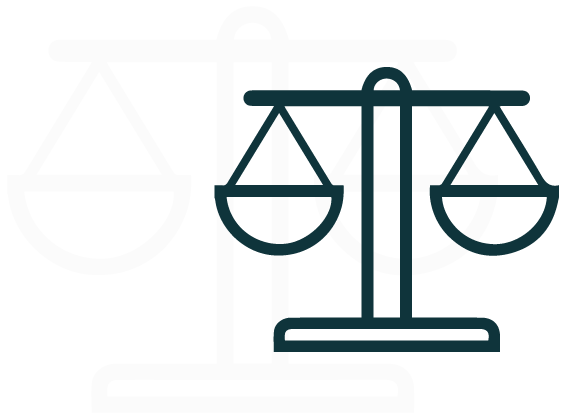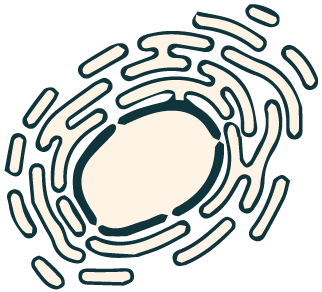This website uses cookies to ensure you get the best experience on our website.
- Table of Contents
Facts about Membrane cofactor protein.

Also acts as a costimulatory factor for T- cells which induces the differentiation of CD4+ to T-regulatory 1 cells. T-regulatory 1 cells suppress immune responses by secreting interleukin-10, and therefore are thought to prevent autoimmunity.
| Human | |
|---|---|
| Gene Name: | CD46 |
| Uniprot: | P15529 |
| Entrez: | 4179 |

| Belongs to: |
|---|
| No superfamily |

AHUS2; CD46 antigen; CD46 molecule, complement regulatory protein; CD46; MCP; membrane cofactor protein (CD46, trophoblast-lymphocyte cross-reactive antigen); MIC10; TLXcomplement regulatory protein; trophoblast leucocyte common antigen; Trophoblast leukocyte common antigen; trophoblast-lymphocyte cross-reactive antigen
Mass (kDA):
43.747 kDA

| Human | |
|---|---|
| Location: | 1q32.2 |
| Sequence: | 1; NC_000001.11 (207752038..207795516) |
Expressed by all cells except erythrocytes.
Cytoplasmic vesicle, secretory vesicle, acrosome inner membrane; Single-pass type I membrane protein. Inner acrosomal membrane of spermatozoa. Internalized upon binding of Measles virus, Herpesvirus 6 or Neisseria gonorrhoeae, which results in an increased susceptibility of infected cells to complement-mediated injury. In cancer cells or cells infected by Neisseria, shedding leads to a soluble peptide.






PMID: 3260937 by Lublin D.M., et al. Molecular cloning and chromosomal localization of human membrane cofactor protein (MCP). Evidence for inclusion in the multigene family of complement-regulatory proteins.
PMID: 2050389 by Purcell D.F., et al. Alternatively spliced RNAs encode several isoforms of CD46 (MCP), a regulator of complement activation.